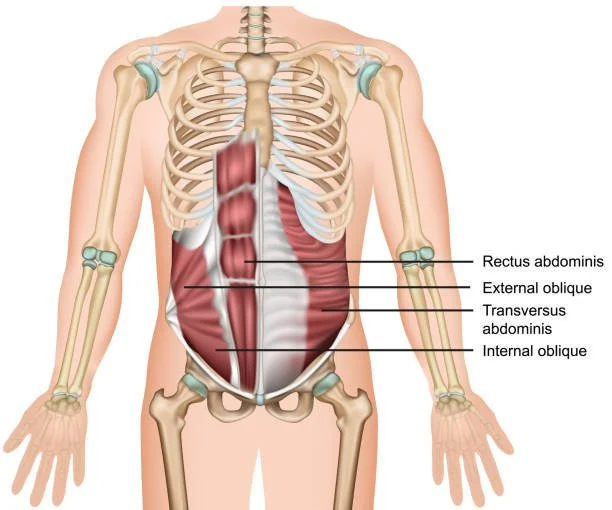Abs v Core
What is your core?
As a physio, I was taught that your core is the inner unit of muscles that support your lumbar spine and abdomen. It consists of your diaphragm at the top, your transversus abdominus around the front and sides, your pelvic floor underneath, and your multifidus along your spine. These muscles synchronise to control your lumbar spine while you move. In fact, they activate prior to any movement you do. Before you lift your arm, this team will activate, before you turn your head, they will activate. The job is to provide a stable base to move from. Imagine throwing a ball from solid ground versus a canoe; it’s much more effective to move with a stable foundation.
This activation happens automatically and is very subtle. Remember, your diaphragm (primary breathing muscle) is part of this team, it has to be able to continue to help you breathe while you move. You should go through most of your day without knowing they are working, but if you pay attention, you may be able to feel them in action.
This is different to your abs.
I hear a lot of people speak of their core, while meaning their abs. There are a few key differences in the role though. Your abdominals consist of four layers of muscle. The deepest, your transversus abdominus, is involved in your core. Then moving outwards, you have your internal oblique, external oblique, and rectus abdominus (six pack 💪🏻). These muscles activate differently according to the movement you do. If you lift your left arm they will activate differently to if you lift your right arm, and they differently again if you lift a weight in your right arm. While underneath, your core has just done the same thing three times.
Why does this matter for you?
When it was discovered that your core was important for your lower back function, this message was communicated en masse to help the millions of people who suffer with back pain. However, the message seems to be communicated with more conviction than understanding.
The result was a lot of people being taught to activate their abs while they move. Similar issues arise when you tuck your butt in (squeeze your glutes), pull your shoulder blades back, or force any other posture. Back to core...
The issue with this is that tensing your abdominals while you move is not what they should be doing. It makes your movement worse. Try bracing your abs and notice what happens to your breathing. Bracing your abs creates stiffness across your abdomen, sometimes this is required, but often not.
Thankfully, your brain knows when this is important and will activate your abs appropriately, e.g. if you are doing a push up, you want your trunk to remain fairly stiff, so your abs will work accordingly. If you want to bend to the floor to pick up a tissue, you don’t want stiffness in your spine, it should bend. If you want to pick up something heavy and do the “bend the knees” thing, just focus on bending your knees and keeping your back straight, and your brain will coordinate the best way to do it. Intentionally activating the muscles you think you need is like throwing playing piano and separately thinking of each finger doing it’s job, it doesn’t work well.
What if tensing your abs reduces your back pain?
This is often the case and reinforces the belief that you’re doing the right thing. What is most likely happening is that you are keeping the sore area still. If you hurt your wrist, it feels good to keep it still for a while. If you have a sore back, tensing your abs to stiffen your spine will stop it moving too. However, beyond the acute stage of pain, joints (including your spine) need movement to be healthy. Constant stiffness is not helpful.
The other interpretation I take in this scenario is your abdominals may be more helpful if they were stronger. If intentionally upping their contribution helps, strengthen them!
What if you know how to activate your core, separate from your outer abdominals?
Great! They obviously can work properly, let them do their thing and release your mind to focus on things your brain won’t do automatically 😊
Hopefully that clarifies the difference between your core and abs. And if you are in the habit of bracing your abs, try moving around without doing that. Your brain is incredible at orchestrating complex movements.
Get strong, and let your brain do it’s thing!




